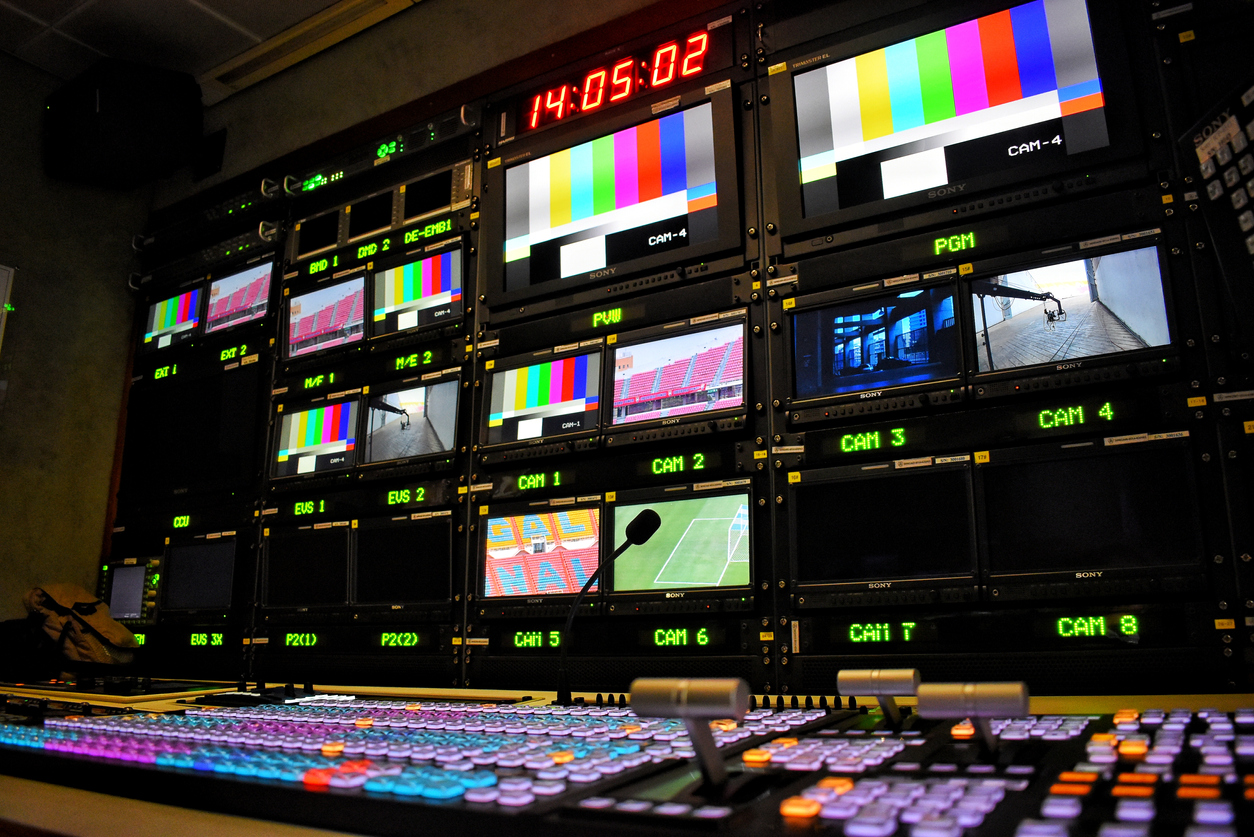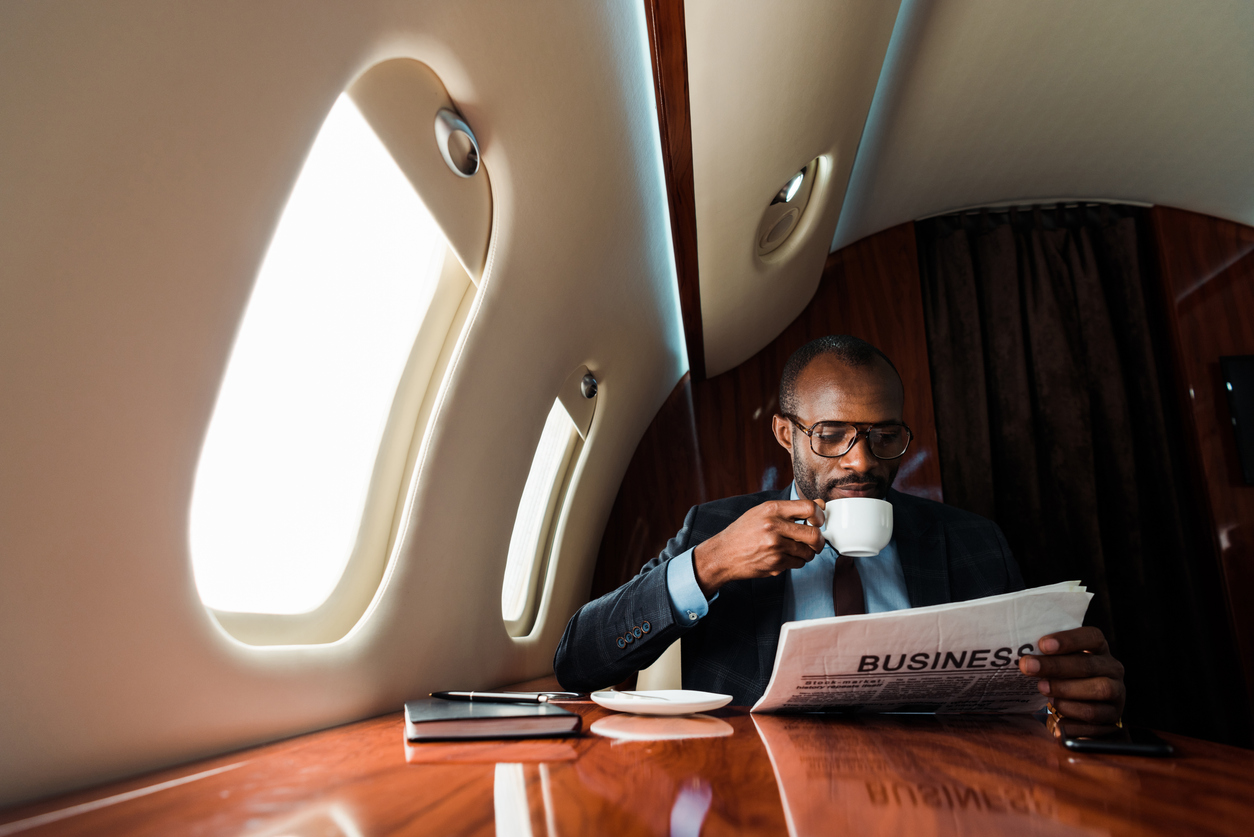How to Import Broadcasting Equipment into Nigeria
How to Import Broadcasting Equipment into Nigeria
One of the most important decisions for any broadcaster is how they will import their broadcasting equipment into Nigeria. There are many different factors to consider when importing broadcasting equipment, so it can be difficult to know where to start. From what to import, to the best ports in Nigeria, this article will help you figure out how to successfully import broadcasting equipment into Nigeria.
What are the different types of broadcasting equipment?
Broadcasting equipment can be broken down into two different types – electronic equipment and non-electronic equipment.
Electronic broadcasting equipment includes items like cameras, computers, editing software, microphones, mixers, headphones, speakers, virtual sets, and green screens. Non-electronic broadcasting equipment includes items like cables, tripods, stands for lighting, tables or desks for working on projects, and extra batteries for when power sources aren’t available.
The Importance of Importing Broadcasting Equipment Into Nigeria
Broadcasting equipment is an important investment for any broadcaster. It can be difficult to know what you need to import, where the best ports are, and how much it will cost.
This article will provide you with information on how to import broadcasting equipment into Nigeria. We’ll cover some of the most popular options for importing broadcasting equipment, as well as the benefits of each option. And we’ll also offer advice on how to avoid common mistakes that often come with importing broadcasting equipment.
Ports in Nigeria
There are many different ports in Nigeria, but the two most prominent are Lagos and Apapa. Lagos Port is located on the Atlantic Ocean while Apapa Port is located on the coast of the Gulf of Guinea. If you’re importing broadcasting equipment into Nigeria, it’s important to investigate which port is best for you.
Lagos Port is one of the largest maritime ports in Africa, with deep water access to North America, Europe, and Asia. The port handles about 1 million containers per year. It has a capacity of over 3 million TEUs or Twenty-foot Equivalent Unit containers. Apapa Port is also one of the largest ports in Nigeria, with less depth but more inland access. Lagos Port will be better if your broadcasting equipment needs to travel long distances internationally or if it contains heavy items that require deeper water. Apapa will be better suited for broadcasting equipment that doesn’t need to move out internationally or that isn’t very heavy.
Storing Broadcasting Equipment
One of the most important steps when importing broadcasting equipment is deciding where to store it. The best option is storing your equipment in a warehouse with temperature controlled storage units. It is also imperative that the warehouse provides 24-hour security, so you can rest assured that your equipment will be safe while stored in Nigeria.
The location of your warehouse will depend on how much broadcasting equipment you are importing into Nigeria. For example, if you are just importing a few pieces of broadcasting equipment, then a smaller warehouse with less security may suffice. However, if you are importing more broadcasting equipment, then it is better to find a larger warehouse with higher security.
Another thing to consider when choosing your storage unit is whether or not you want to rent space for the long term or only need temporary storage for a few weeks at most. If you need temporary storage, there are many self-storage units available near ports in Nigeria that offer short-term rentals.
Shipping Broadcasting Equipment to Nigeria
First, you’ll want to figure out what to import. Broadcasting equipment includes a variety of items, from cameras and microphones to speakers and screens. You may also decide to import a satellite dish or a remote broadcasting van.
Once you’ve figured out what you’re going to import, it’s time to figure out the best ports in Nigeria. There are three major ports in Nigeria: Lagos, Port Harcourt and Calabar. Ports vary in size and accessibility for imports so you’ll need to find the right one for your particular needs. For example, if you plan on transporting large broadcasting equipment by air, your best bet is Lagos as it has an airport nearby.
Another important factor when importing broadcasting equipment is customs clearance. Customs regulations vary across countries and often depend on the type of media being imported. If you’re importing media that falls under “controlled goods” then there will be additional regulations that must be met before customs clearance can be granted. The first step is figuring out which category your broadcasting equipment falls into (such as “media”) and then checking with Nigerian Customs about any specific regulations related to the type of media you’re importing before proceeding with customs clearance.
Choosing a shipping company
There are many different shipping companies you can choose from, but the most important thing to remember is to make sure they are well-respected. The last thing you want is for your broadcasting equipment to be damaged in transit.
One of the best ways to start this process is selecting a reputable shipping company that operates out of an International Port. This will ensure that your broadcasting equipment is safely delivered, and will not incur any additional fees associated with importing into Nigeria.
To find a shipping company that operates out of an International Port, simply search “Shipping Company” and then “International Shipping.” You should now have a list of companies you can choose from!
Getting the right documentation
Before you can import broadcasting equipment into Nigeria, you’ll need to speak with the Nigerian broadcasting regulatory body. They will advise you on what license you need and how to go about registering your company in Nigeria. To import broadcasting equipment into Nigeria, it’s important to get all of the right documentation in order to avoid fines or penalties.
Making sure your goods are safe
One of the most important factors to consider when importing broadcasting equipment is making sure your goods are safe. The Nigerian Customs Service (NCS) will inspect your goods and may reject them if they don’t meet safety regulations.
It’s important to know that the NCS has several requirements for importing broadcasting equipment, including:
-The equipment you’re importing must be marked with CE marking to show it meets European Union standards
-The equipment must be marked with Electrical Appliances and Equipment (EAE) marking to show it meets the government’s electrical safety regulations
-The voltage should be 220 volts or 240 volts AC, depending on the type of device
-If the equipment is more than 30kg, you’ll need an import license from the National Broadcasting Commission (NBC)
These are just some of the regulations you’ll need to think about when importing broadcasting equipment into Nigeria. You should also make sure that you’ve found a good shipping company. Find out more about what ports in Nigeria are best for importing broadcasting equipment here!
Conclusion
The decision to import broadcasting equipment into Nigeria is not one that should be taken lightly. There are many aspects you need to consider, from what type of equipment you are importing to the best port in Nigeria.
For more information on how to import broadcasting equipment into Nigeria, contact one of our experts today!








LEAVE A COMMENT
You must be logged in to post a comment.